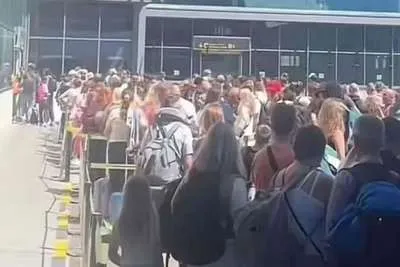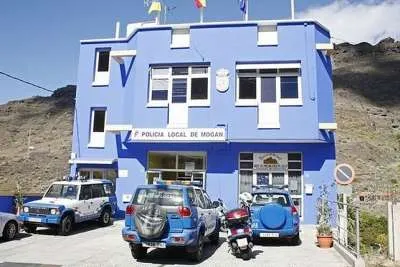Major stumbling blocks in the ERTE extension mean no agreement yet
- 22-05-2021
- Business
- Canarian Weekly
Time is running out to reach an agreement for the extension of the ERTE which currently runs out on May 31st. The Ministry of Labour, the employers’ associations (CEOE and Cepyme), and the unions (CC OO and UGT) were all at the negotiating table yesterday, but did not reach an agreement.
There are only 9 days left until the current term expires, with bank holidays before the end of the month, so all parties will “continue negotiating this weekend," according to union sources.
There are two issues that are preventing an agreement right now:
- The limitation of activities/sectors that may benefit from the ERTE.
- The benefits in the Social Security contributions that the affected employers will enjoy as of June.
The Spanish Government has said that their idea is to maintain the ERTE’s "as long as necessary," as the Minister of Labour, Yolanda Díaz, usually insists, and they could even last until the end of the year, depending on the crisis and the evolution of the pandemic, which is entering a different phase than previously, so she says that the ERTE agreement needs adapting accordingly.
However, not all sectors will be able to leave a part of their workforce in ERTE. This has already happened in the previous extensions, when a part of the labour codes that identify each activity for the Social Security (the CNAE) were removed from the system. Now, the latest proposal debated yesterday (Friday), "leaves out sectors that were previously on the list", according to sources involved in the negotiation. These same sources maintain that "it is not really an extension" but a new type of ERTE.
The current scheme in force since January 31st, when the last extension was approved, distinguished three types of ERTE:
- Those of suspension, for companies that were forced to close by a government decision regarding the restrictions;
- By limitation of activity, i.e. businesses that were affected by specific limitations of their production, although they could remain open (theatres with limited capacity, for example);
- Those linked to the sectors most affected by the crisis. In this case, the Government approved a list of economic activities that it considered the most affected.
The reduction of that list is the main that is causing the biggest disagreement in the negotiation.
In general terms, companies linked to the tourism sector would continue to enjoy the benefits of the ERTE, waiting for the evolution of the activity this summer, depending on the movements of the Spanish and the arrival of foreign visitors. The range is very wide because it can include sectors of hospitality, leisure and all kinds of activities with greater social interaction, most affected by the crisis.
The other disagreement resides in the degree that the exemptions will have in the social contributions of the companies under the ERTE. They could also be reduced, according to negotiating sources. Until now, they are equal in case of suspension or limitation, reaching 100% in February, 90% in March, 85% in April and 80% in May for firms with less than 50 employees; and 90%, 80%, 75% and 70%, respectively, for those with more than 50 employees.
Extensions for benefits to self employed workers are being reviewed at the same time under the same framework, and will also be finalised next week.
Other articles that may interest you...
Trending
Most Read Articles
Featured Videos
TributoFest: Michael Buble promo 14.02.2026
- 30-01-2026
TEAs 2025 Highlights
- 17-11-2025




























































